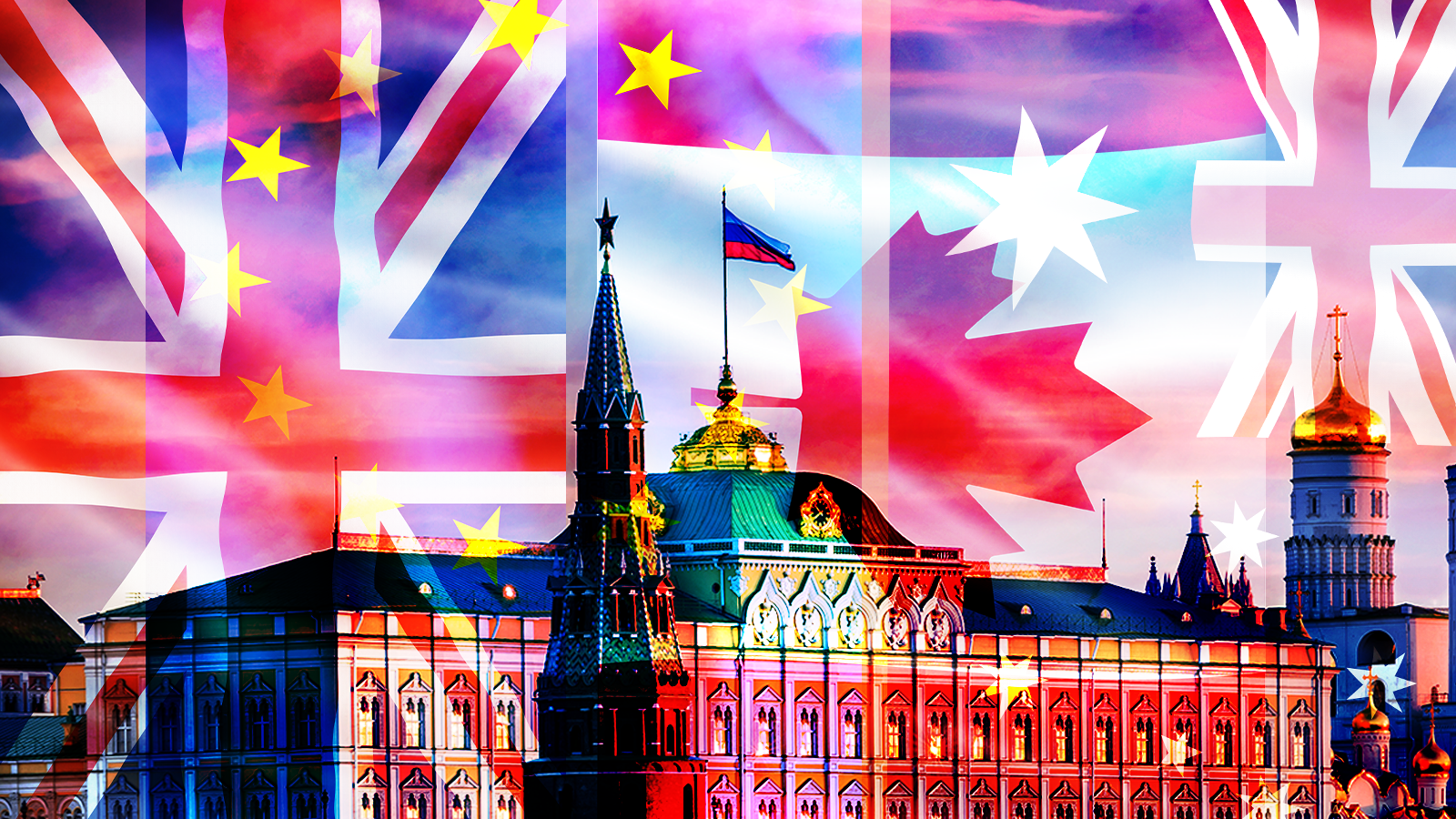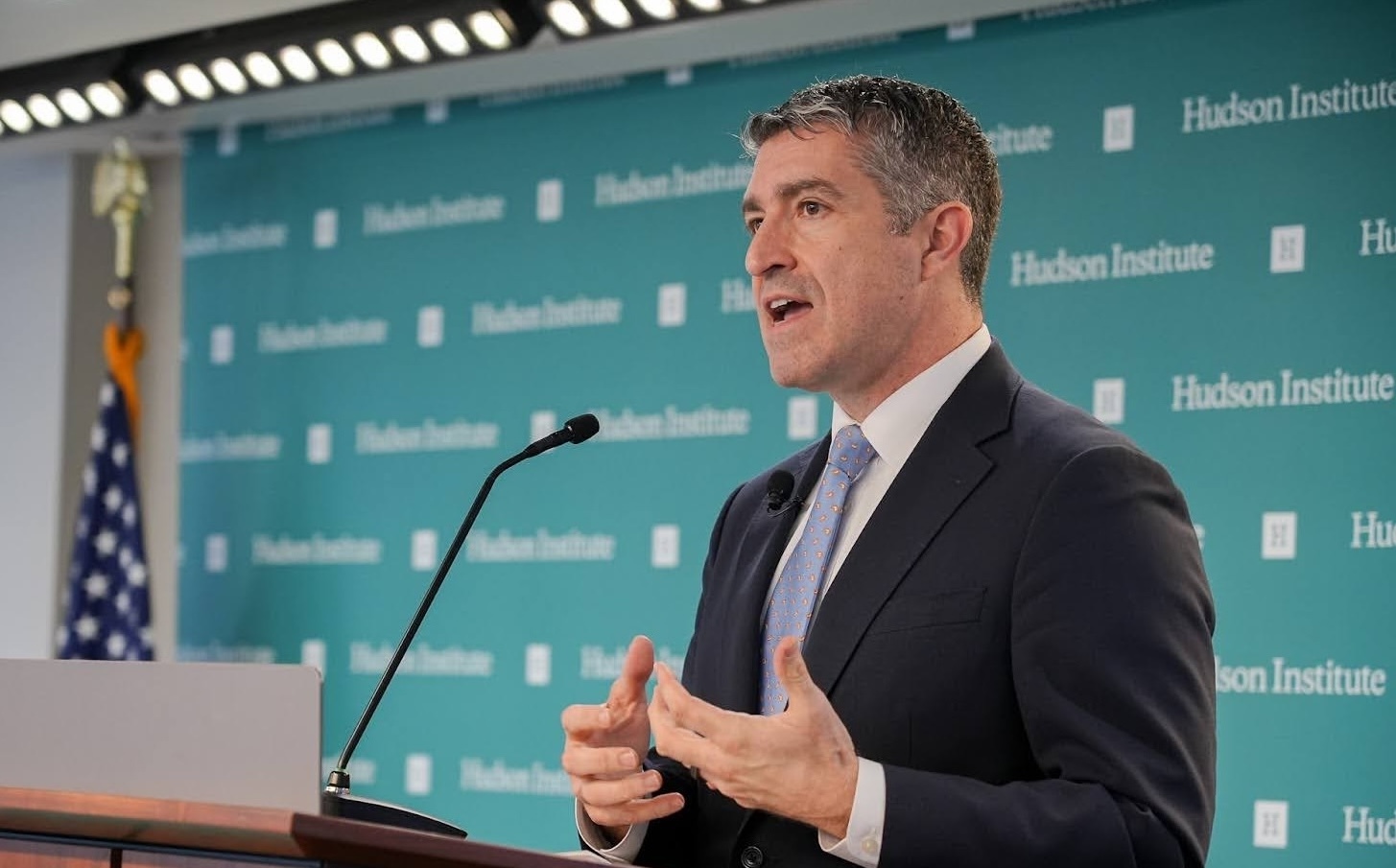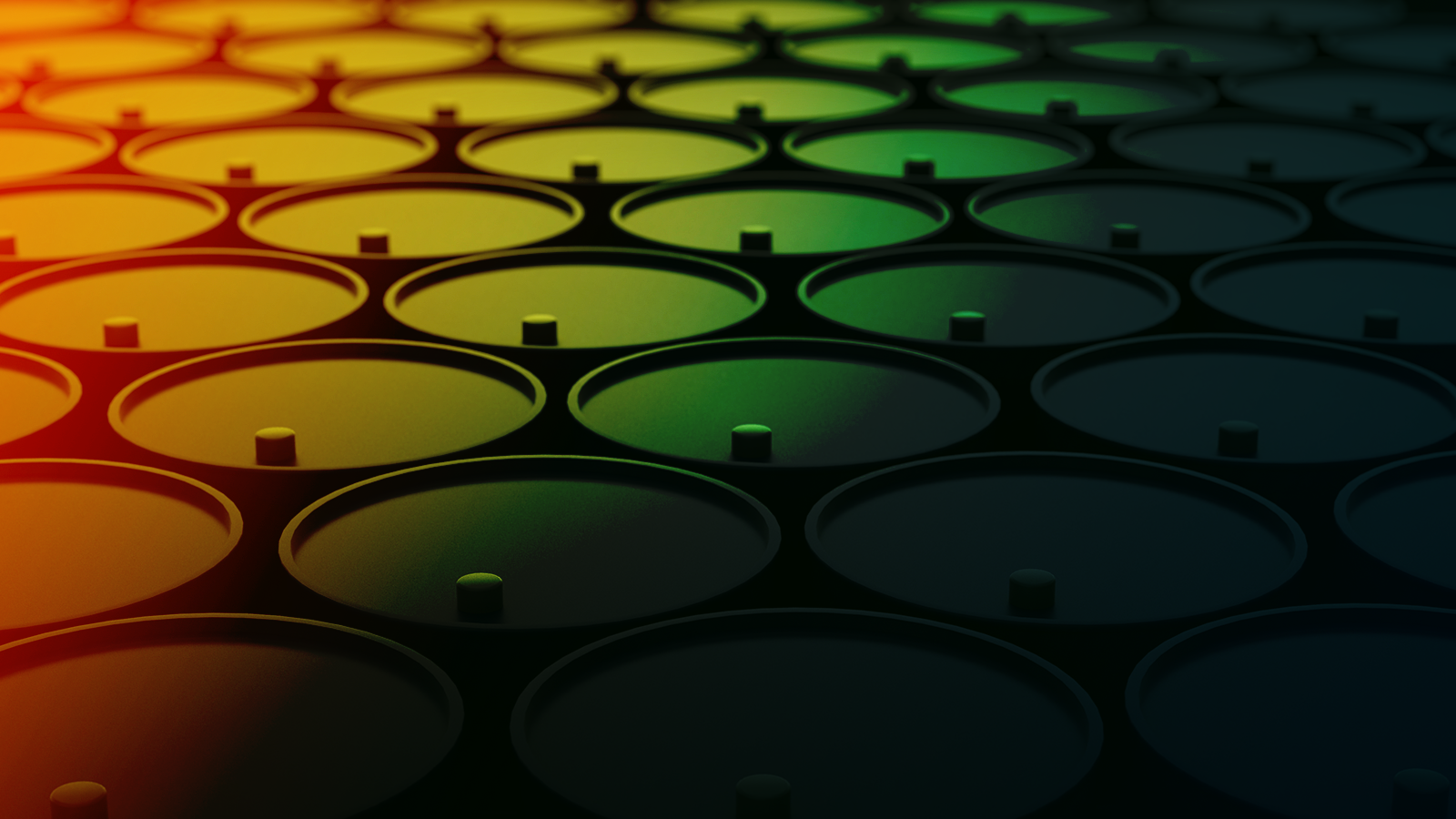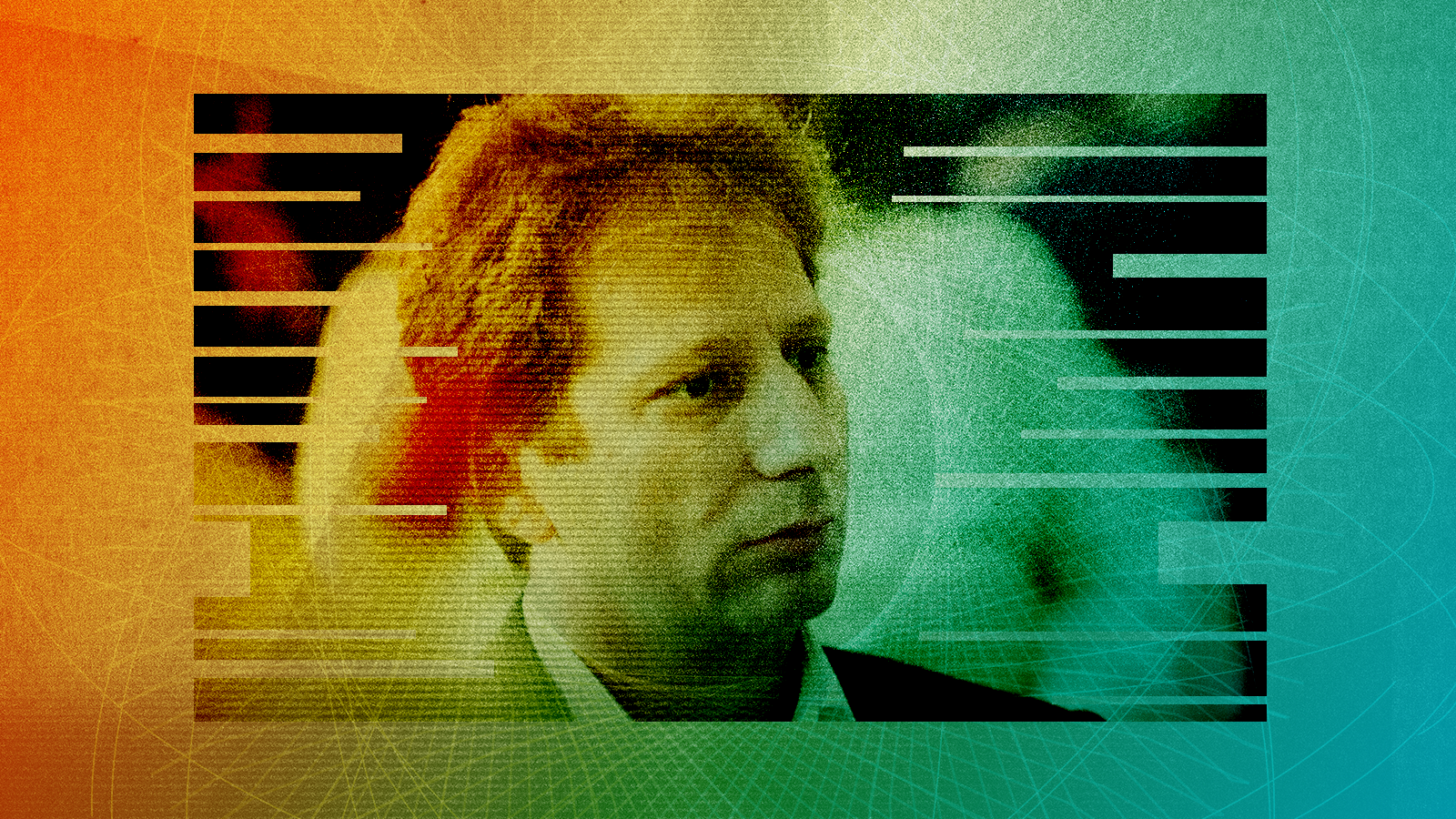The news: The European Union, the United Kingdom, Australia and Canada on Monday each adopted new and sweeping sanctions targeting Russia, as the world marked three years since Moscow’s full-scale invasion of Ukraine.
The separate measures close loopholes and enhance restrictions on sectors where the four jurisdictions want to ratchet up pressure on Russia's economy and its capacity to fight in Ukraine.
The U.K. and Australia said their sanctions packages were their largest since the early days of the war.
6 key targets:
1. Russia’s shadow fleet: Canada (109 ships), the EU (74) and the U.K. (40) designated additional “shadow fleet” vessels that have helped Russia bypass the oil price cap that the G-7 imposed on it in 2022. It’s part of the West’s larger ongoing efforts—the EU’s latest package also targeted Russian refineries, ports and airports—to hamstring Russia’s oil and gas industries and to curb the transfer of UAVs, missiles, and related technology to Russia.
2. The banking sector: Intensifying Russian financial isolation, the EU removed 13 Russian banks from the SWIFT global payment messaging system and imposed transaction bans on three banks outside Russia for their roles in sanctions evasion. The U.K. sanctioned the Kyrgyzstan-based OJSC Keremet Bank, the first time it has sanctioned a foreign financial institution supporting Russia’s war effort. The U.S. Treasury Department had sanctioned Keremet Bank last month for its central role in creating a “sanctions evasion hub,” on behalf of a Russian bank serving the defense industry.
3. Dual-use goods: Several new restrictions address concerns over the potential military applications of software, consumer electronics and chemical compounds. The EU banned, among other things, the export of video game controllers to Russia, which is allegedly using them to operate drones on the battlefield. Australia banned the supply to Russia of commercial drones and components, and the U.K. sanctioned a number of producers and distributors in central Asia, Turkey, Thailand, India and China.
4. Aluminium imports: The EU will prohibit imports of primary Russian aluminum, with the ban taking effect one year after its official publication. During this transition period, imports will be limited to 275,000 metric tons.
5. North Korea’s role: The four jurisdictions each sought to undercut North Korea’s military cooperation with Russia, which Australia in its sanctions announcement called “a dangerous expansion” of the war, “with serious consequences for European and Indo-Pacific security.” The U.K. sanctioned generals and other senior officials it called “complicit” in deploying 11,000 North Korean troops to Ukraine; Australia sanctioned senior North Korean military officials and the North Korean Missile General Bureau, which oversees the development of missiles for the Korean People's Army. The EU sanctioned two senior army officials, adding to the war-related sanctions it imposed last year.
6. More of Russia’s wealthiest: The U.K. sanctioned 14 Russian individuals whom it called “New Kleptocrats,” including the EU-sanctioned billionaire Roman Trotsenko, for their roles in strategic sectors of Russia’s economy. Canada designated senior Russian government officials and, it said, “oligarchs who support Putin’s regime.” Each jurisdiction designated several dozen more individuals, too.
In short: The four new sanctions packages reflect the EU’s, the U.K.’s, Australia’s and Canada’s continued efforts, three years into the war, to adapt to Russia's evolving evasion tactics. New Zealand announced more sanctions of its own, too, with similar targets.
The U.S., which opened one-on-one talks with Russia over ending the war earlier this month, did not announce new sanctions for the anniversary.
The separate measures close loopholes and enhance restrictions on sectors where the four jurisdictions want to ratchet up pressure on Russia's economy and its capacity to fight in Ukraine.
The U.K. and Australia said their sanctions packages were their largest since the early days of the war.
6 key targets:
1. Russia’s shadow fleet: Canada (109 ships), the EU (74) and the U.K. (40) designated additional “shadow fleet” vessels that have helped Russia bypass the oil price cap that the G-7 imposed on it in 2022. It’s part of the West’s larger ongoing efforts—the EU’s latest package also targeted Russian refineries, ports and airports—to hamstring Russia’s oil and gas industries and to curb the transfer of UAVs, missiles, and related technology to Russia.
2. The banking sector: Intensifying Russian financial isolation, the EU removed 13 Russian banks from the SWIFT global payment messaging system and imposed transaction bans on three banks outside Russia for their roles in sanctions evasion. The U.K. sanctioned the Kyrgyzstan-based OJSC Keremet Bank, the first time it has sanctioned a foreign financial institution supporting Russia’s war effort. The U.S. Treasury Department had sanctioned Keremet Bank last month for its central role in creating a “sanctions evasion hub,” on behalf of a Russian bank serving the defense industry.
3. Dual-use goods: Several new restrictions address concerns over the potential military applications of software, consumer electronics and chemical compounds. The EU banned, among other things, the export of video game controllers to Russia, which is allegedly using them to operate drones on the battlefield. Australia banned the supply to Russia of commercial drones and components, and the U.K. sanctioned a number of producers and distributors in central Asia, Turkey, Thailand, India and China.
4. Aluminium imports: The EU will prohibit imports of primary Russian aluminum, with the ban taking effect one year after its official publication. During this transition period, imports will be limited to 275,000 metric tons.
5. North Korea’s role: The four jurisdictions each sought to undercut North Korea’s military cooperation with Russia, which Australia in its sanctions announcement called “a dangerous expansion” of the war, “with serious consequences for European and Indo-Pacific security.” The U.K. sanctioned generals and other senior officials it called “complicit” in deploying 11,000 North Korean troops to Ukraine; Australia sanctioned senior North Korean military officials and the North Korean Missile General Bureau, which oversees the development of missiles for the Korean People's Army. The EU sanctioned two senior army officials, adding to the war-related sanctions it imposed last year.
6. More of Russia’s wealthiest: The U.K. sanctioned 14 Russian individuals whom it called “New Kleptocrats,” including the EU-sanctioned billionaire Roman Trotsenko, for their roles in strategic sectors of Russia’s economy. Canada designated senior Russian government officials and, it said, “oligarchs who support Putin’s regime.” Each jurisdiction designated several dozen more individuals, too.
In short: The four new sanctions packages reflect the EU’s, the U.K.’s, Australia’s and Canada’s continued efforts, three years into the war, to adapt to Russia's evolving evasion tactics. New Zealand announced more sanctions of its own, too, with similar targets.
The U.S., which opened one-on-one talks with Russia over ending the war earlier this month, did not announce new sanctions for the anniversary.
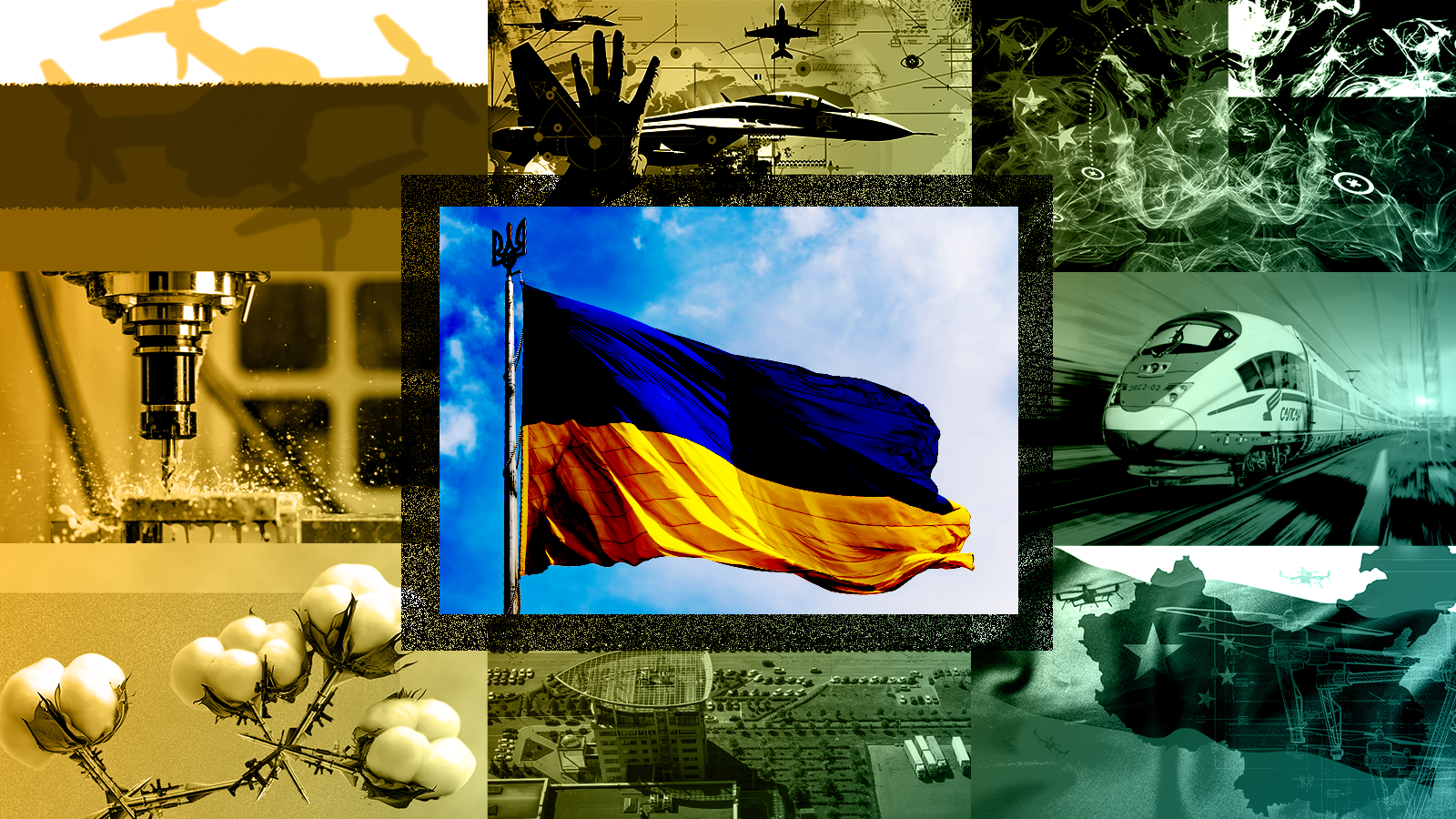
Kharon Collection / A Third Year of War: How Kharon Investigations Traced Russia’s Evasion Networks



